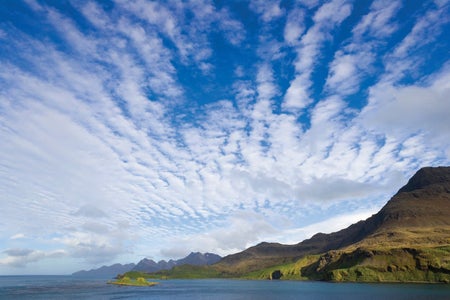
Plankton Generate a Cloudy Shield over the Antarctic
Southern Ocean phytoplankton help to brighten Earth’s clouds
Daniel Leonard is a freelance science journalist and former Scientific American editorial intern whose work focuses on space, tech and natural history. Follow Leonard on Twitter @dalorleon

Plankton Generate a Cloudy Shield over the Antarctic
Southern Ocean phytoplankton help to brighten Earth’s clouds
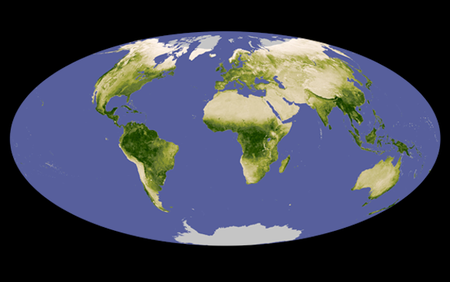
Science News Briefs from around the World: March 2023
A linguistic puzzle, ancient DNA, the origins of bipedalism, and much more in this month’s Quick Hits
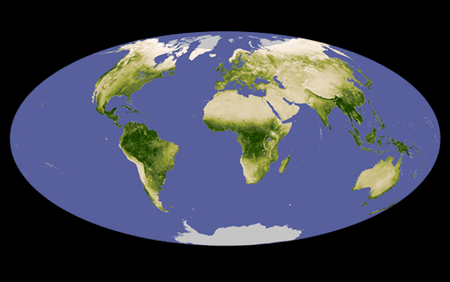
Science News Briefs from around the World: February 2023
Sharks wielding research cameras in the Bahamas, Mexico’s spider monkey diplomacy, a carbon “time bomb” in the Republic of Congo, and much more in this month’s Quick Hits
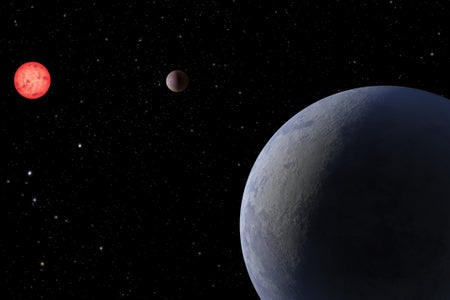
Cataclysmic Collisions May Explain ‘Forbidden’ Exoplanets
A new model could explain the scarcity of certain planet sizes
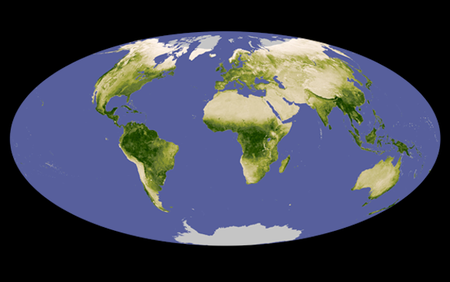
Science News Briefs from around the World: January 2023
Synchronizing chimpanzees in Zambia, a plankton-trapping ecosystem in the Maldives, Neandertal teeth from Spain, and much more in this month’s Quick Hits
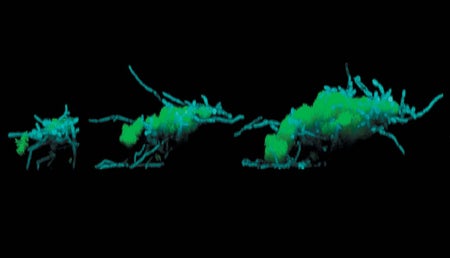
Bacteria and Fungi Can ‘Walk’ across the Surface of Our Teeth
Clusters of bacteria and fungi seem to be capable of complex movement, setting tooth decay in motion
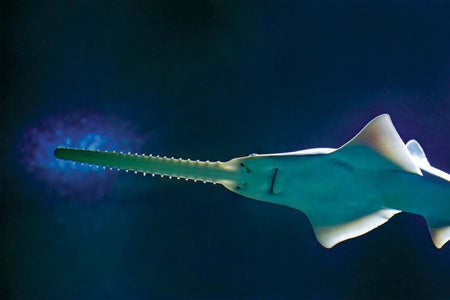
Ancient Sawfish Help to Illuminate Our Teeth’s Scaly Origins
Weird new evidence on tooth evolution tips the scales even more toward scales
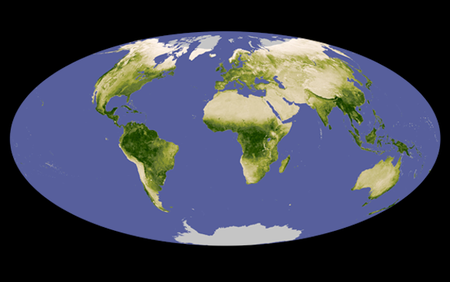
Science News Briefs from around the World: December 2022
Lightning-resistant trees in Panama, an Australian avian arms race, hydrogen-powered trains in Germany, and much more in this month’s Quick Hits

Outdoor Air-Conditioning Cools the World Cup. But Is It Sustainable?
In an ever warming world, the health benefits of stadium air-conditioning may not outweigh the climate risks
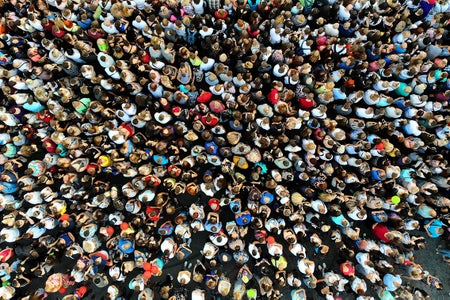
What to Do if You’re Trapped in a Surging Crowd
Crowd management experts explain the factors that enabled Seoul’s deadly crowd crush
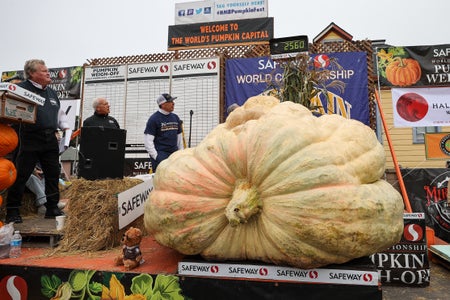
How to Grow a 2,560-Pound Pumpkin
Prizewinning great pumpkins are approaching 3,000 pounds as growers perfect the process
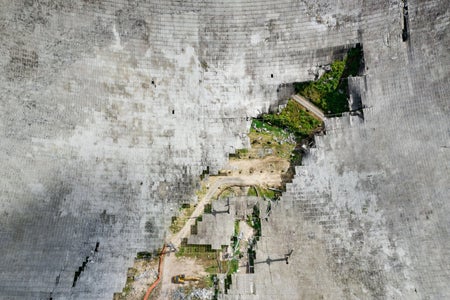
Hopes Fade for Resurrecting Puerto Rico’s Famous Arecibo Telescope
Nearly two years after the collapse of its 305-meter radio telescope, the Arecibo Observatory’s fate has been decided. The iconic giant dish will not be rebuilt, but research and public outreach at the site may continue

Some People Really Are Mosquito Magnets, and They’re Stuck That Way
Certain compounds in our skin determine how much we attract mosquitoes, new research suggests—and those compounds don’t change much over time
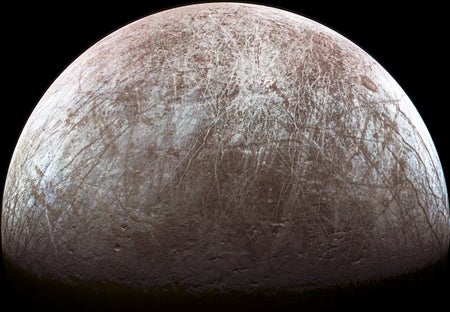
Jupiter’s Ocean Moon Europa Is Ready for Its Close-up
Fresh data from the Juno probe’s flyby of Europa could help scientists learn whether this icy moon of Jupiter is habitable—or even inhabited
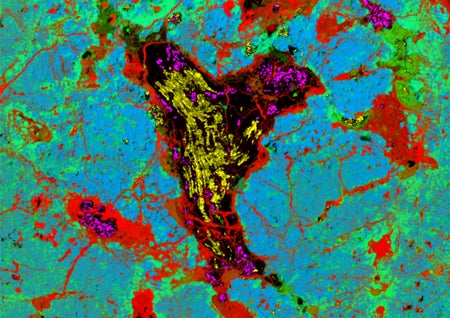
Extra Hard Space Diamonds May Have Formed in an Ancient Cosmic Collision
A new formation method for rare “lonsdaleite” diamonds may illuminate a better way to produce them on Earth
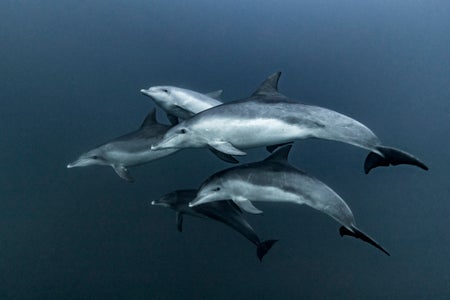
The Purpose of Dolphins’ Mysterious Brain Net May Finally Be Understood
Dolphins and whales experience a lot of pressure while swimming, and a “wonderful net” of blood vessels may protect their brain, new research shows
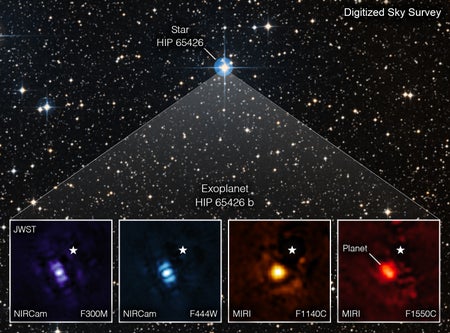
JWST’s First Exoplanet Images Forecast a Bright Future
The James Webb Space Telescope’s snapshots of a giant world orbiting another star show that the observatory is performing even better than expected and that its best exoplanet images are yet to come
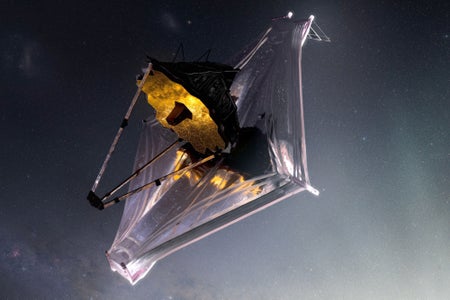
The James Webb Space Telescope Could Solve One of Cosmology’s Deepest Mysteries
The observatory’s unprecedented infrared measurements might at last bridge a growing rift between astronomers over how fast the universe is expanding